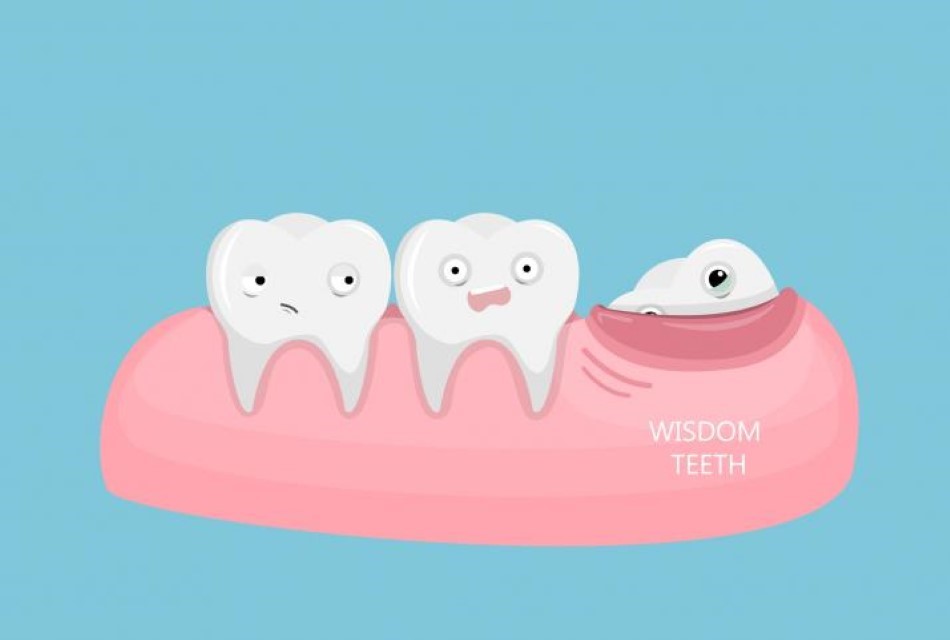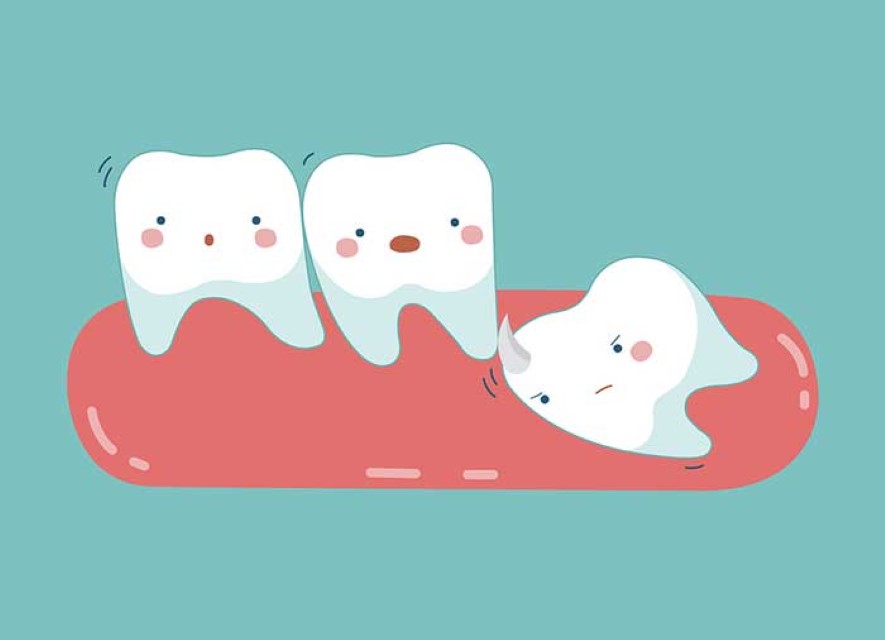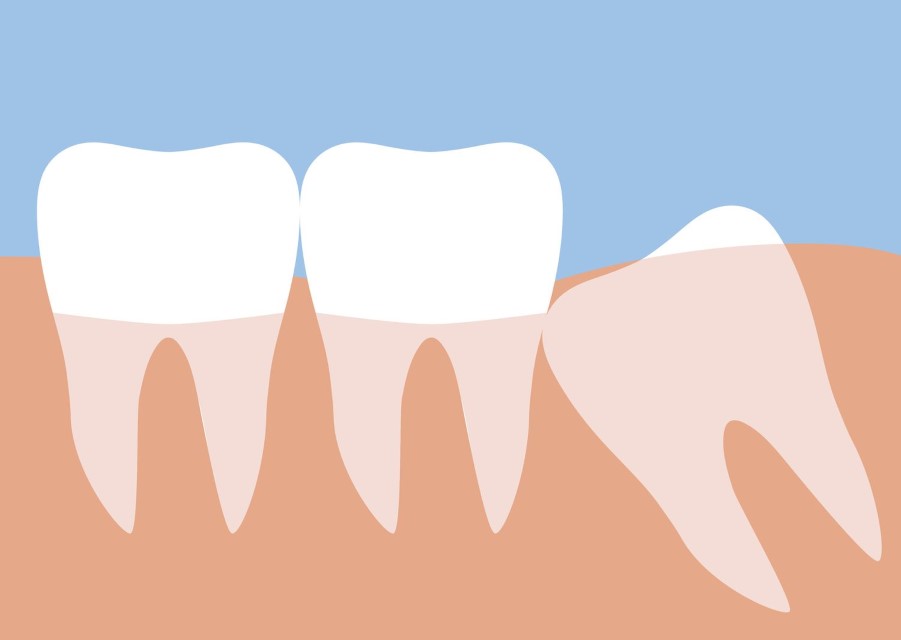Wisdom teeth, also known as third molars, are a topic of curiosity and concern for many people. These rear-most molars typically emerge in late adolescence or early adulthood, and they often come with a fair share of discomfort and dental issues. But have you ever wondered why they are called “wisdom teeth”? In this article, we will delve into the origins of this intriguing name, the purpose of wisdom teeth, and what you need to know about them.
The Origin of the Name “Wisdom Teeth”
The term “wisdom teeth” can be traced back to ancient history and the beliefs of early civilizations. The ancient Greeks referred to these molars as “πυγὴ ὀδόντες” (pygḗ odóntes), which translates to “late-blooming teeth.” The Romans similarly called them “dentes sapientiae,” meaning “teeth of wisdom.”
The association of wisdom teeth with wisdom stems from the age at which they typically appear. These teeth typically start coming in between the ages of 17 and 25, which is considered the age of maturity and, in many cultures, the age when a person attains wisdom and adulthood. Hence, they came to be called “wisdom teeth.”
The Biological Purpose of Wisdom Teeth
While the name “wisdom teeth” may have historical and cultural significance, the biological purpose of these molars is less clear in modern times. Our distant ancestors had a different diet, primarily consisting of raw plants and uncooked meat, which required more grinding and crushing power from their teeth. Wisdom teeth would have been crucial for chewing tough, fibrous foods.
However, as human diets evolved and cooking became a common practice, the need for these extra molars decreased. Over time, our jaws have become smaller due to changes in dietary habits and evolution. This reduction in jaw size often leaves insufficient space for wisdom teeth to erupt properly, causing various dental problems.

Dental Issues Associated with Wisdom Teeth
The emergence of wisdom teeth can lead to a range of dental complications, including:
- Impaction: Wisdom teeth are notorious for becoming impacted, which means they do not fully emerge through the gum line. This can cause pain, swelling, and infection.
- Crowding: The limited space in the jaw can lead to crowding, shifting other teeth, and disrupting a straight smile.
- Infection: The gum tissue covering partially erupted wisdom teeth can be prone to infection, known as pericoronitis.
- Cysts and Tumors: In rare cases, cysts or tumors can develop around impacted wisdom teeth, potentially causing serious oral health issues.
Do Everyone Have Wisdom Teeth?
No, not everyone has wisdom teeth. The presence of these molars varies among individuals. Some people have all four, some have fewer, and others may have none at all. It’s a natural variation in the human population.
When Should Wisdom Teeth be Removed?
Whether or not wisdom teeth should be removed depends on individual circumstances. A dental professional will evaluate the patient’s specific situation, which may include factors such as the angle of eruption, space in the jaw, and the potential for future dental issues.
In general, if wisdom teeth are causing pain, impaction, or potential dental problems, it is advisable to have them removed. Removal is often recommended during the late teenage years or early twenties, as this is when complications are most likely to arise.

Can Wisdom Teeth Eruption Be Predicted?
Wisdom teeth eruption is not entirely predictable. It varies from person to person. Some individuals may experience minimal discomfort and no issues with their wisdom teeth, while others may encounter significant pain and complications. Regular dental check-ups and X-rays can help monitor the development of these molars and catch any problems early.
Conclusion
In conclusion, the term “wisdom teeth” has its roots in ancient cultures and the age at which these molars typically emerge. While they may have been crucial for our distant ancestors’ diets, they often pose problems in the modern era due to changes in diet and jaw size. Wisdom teeth can lead to dental issues such as impaction, infection, and crowding, but not everyone has them, and their eruption is unpredictable. Whether or not to remove wisdom teeth depends on individual circumstances and should be discussed with a dental professional. Understanding the history and purpose of wisdom teeth can help demystify these often troublesome molars and guide better oral care decisions.

